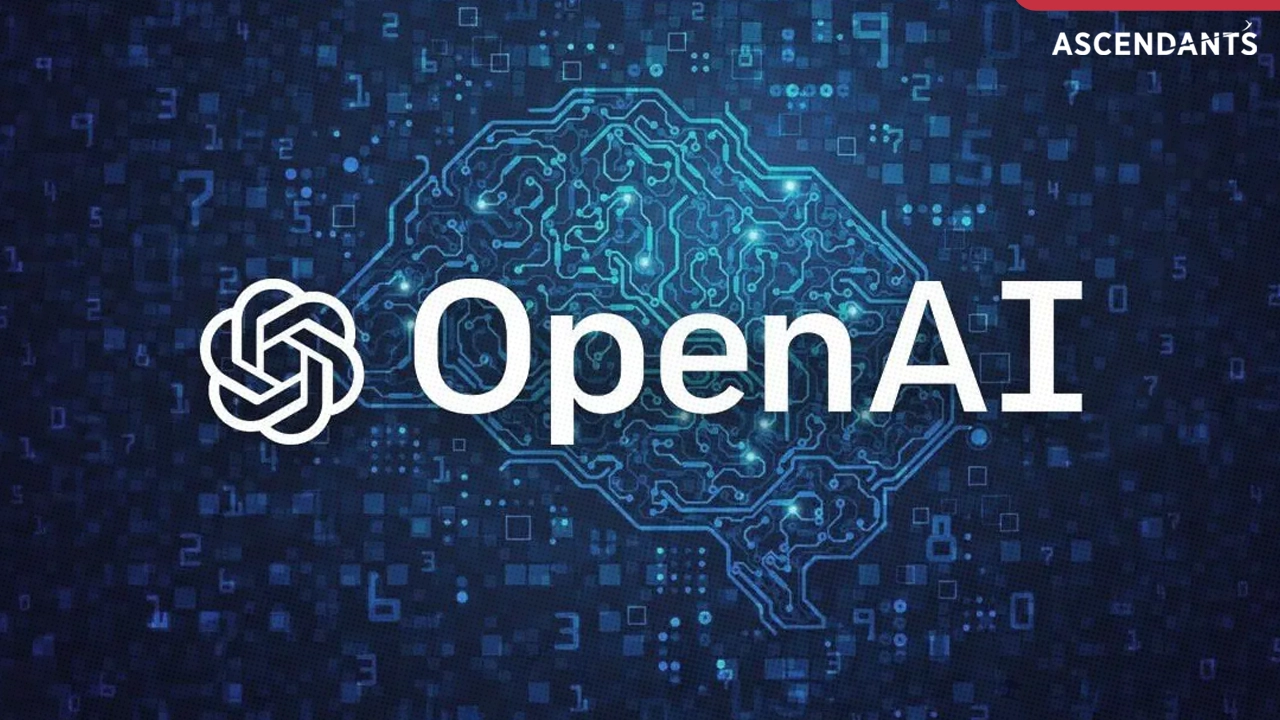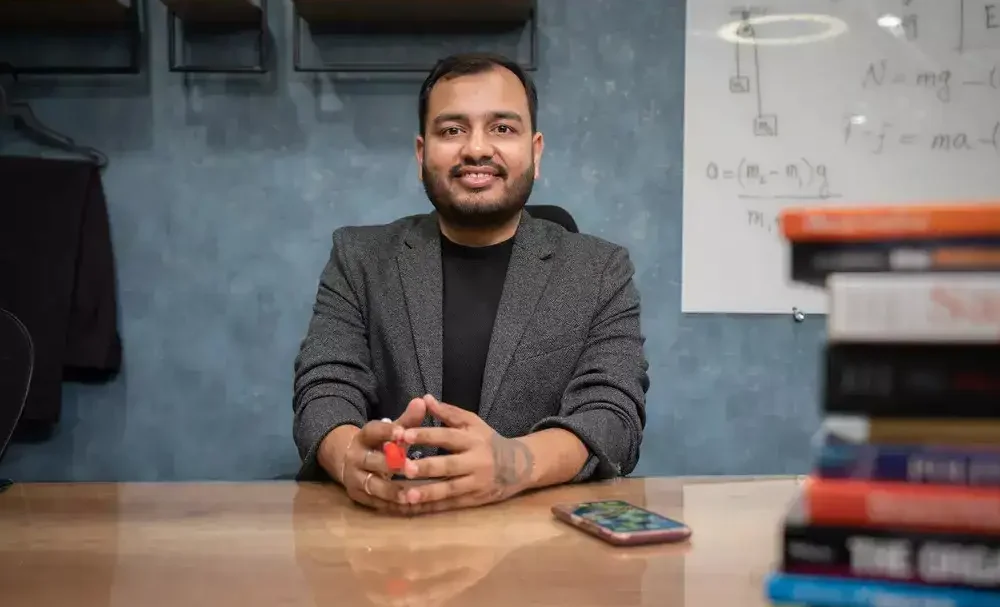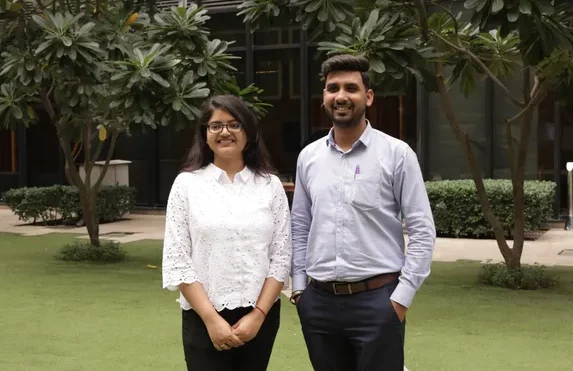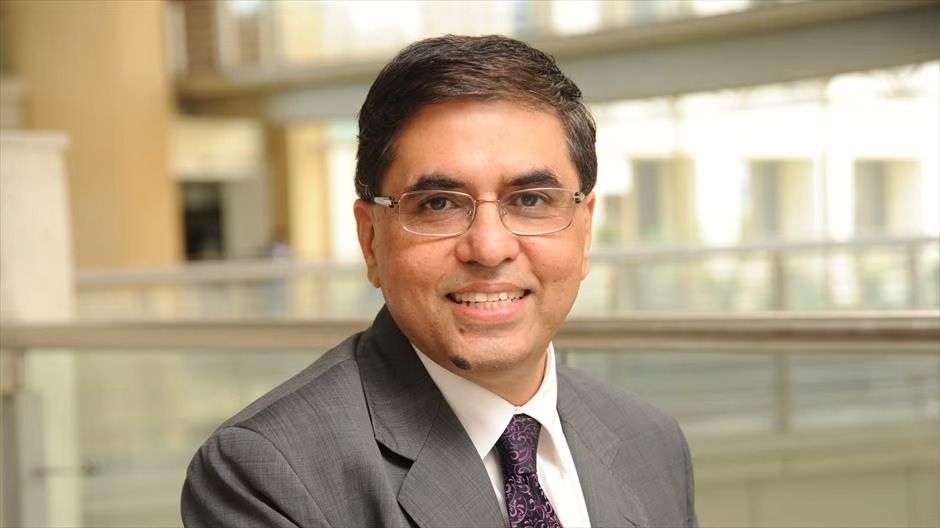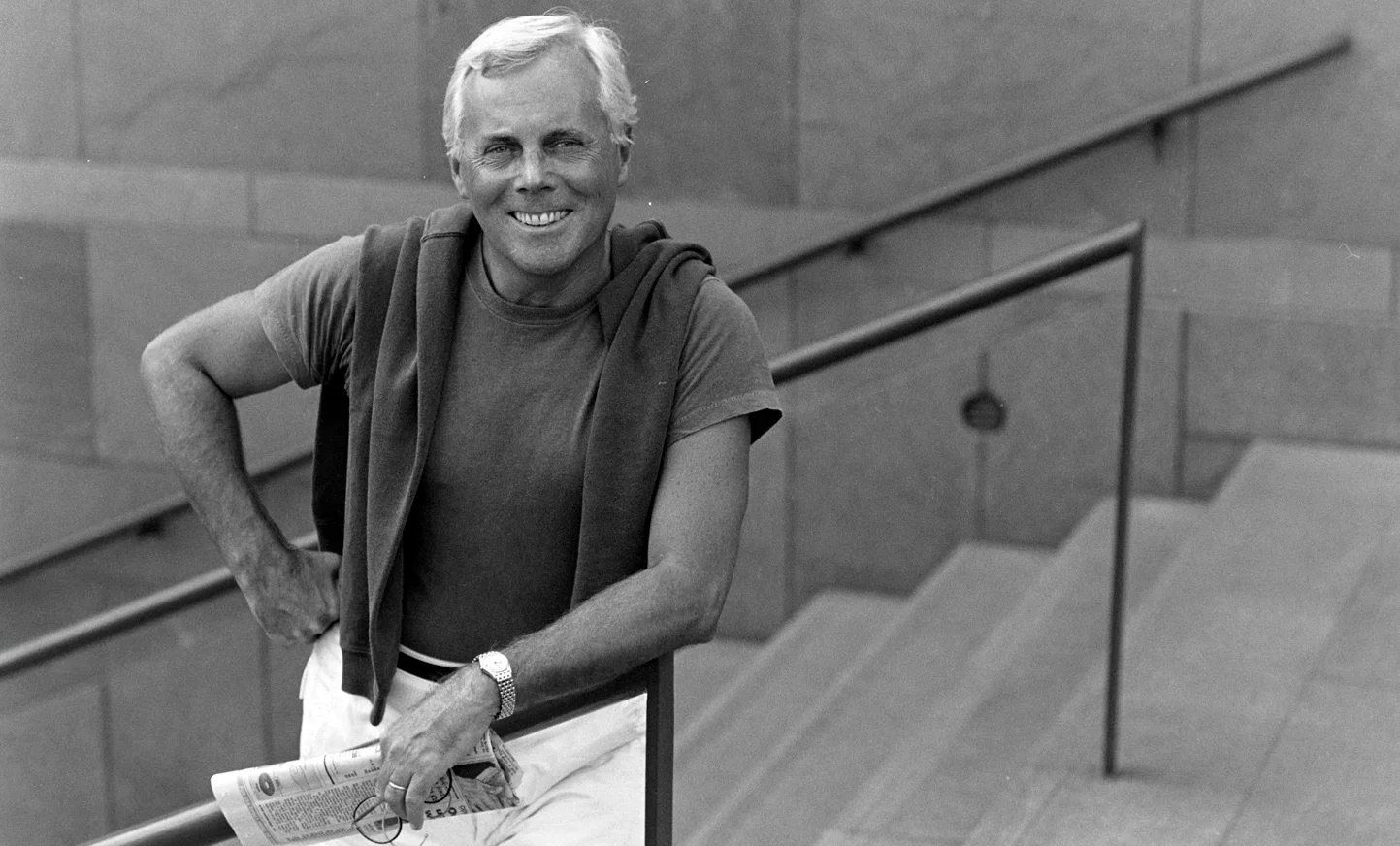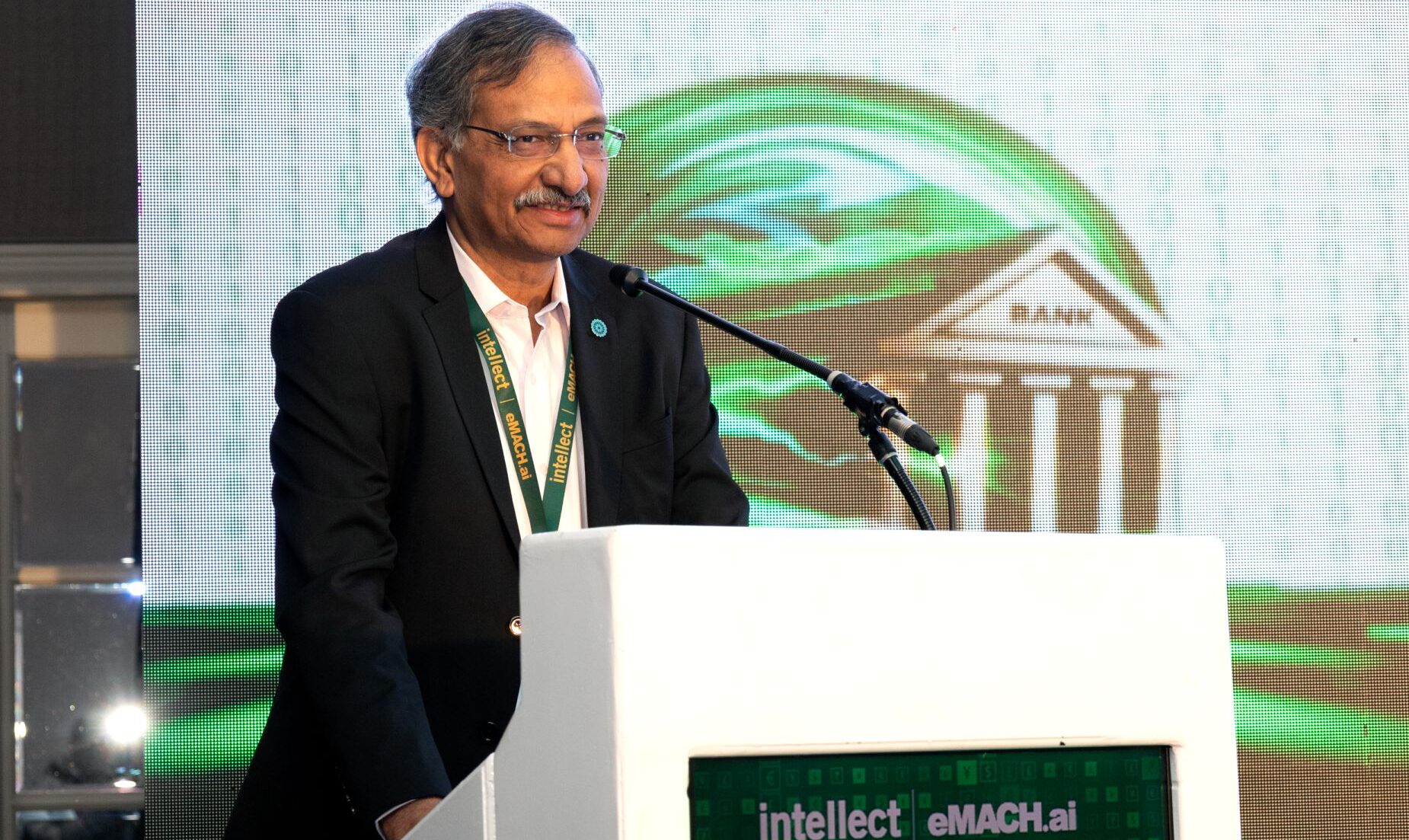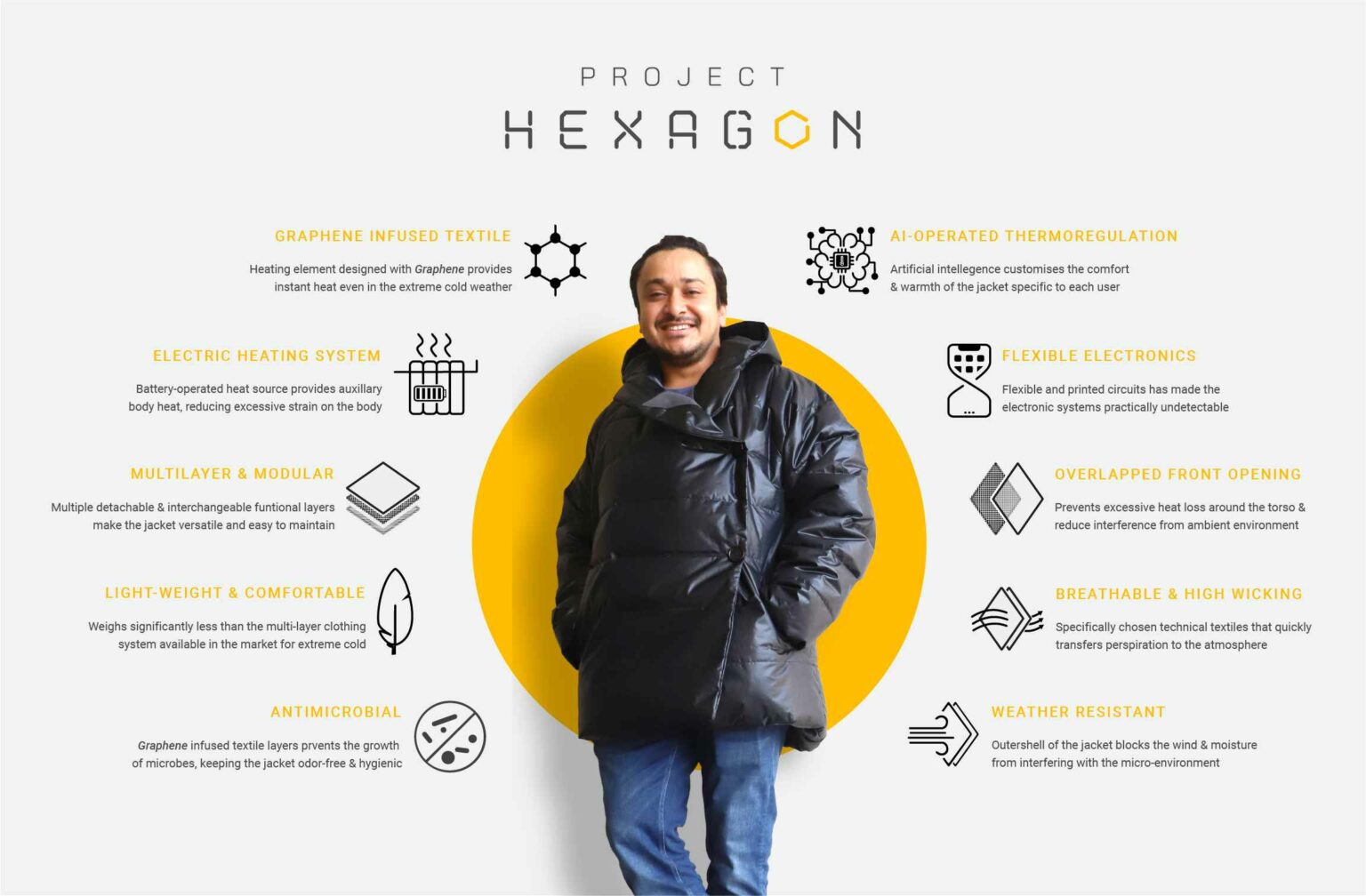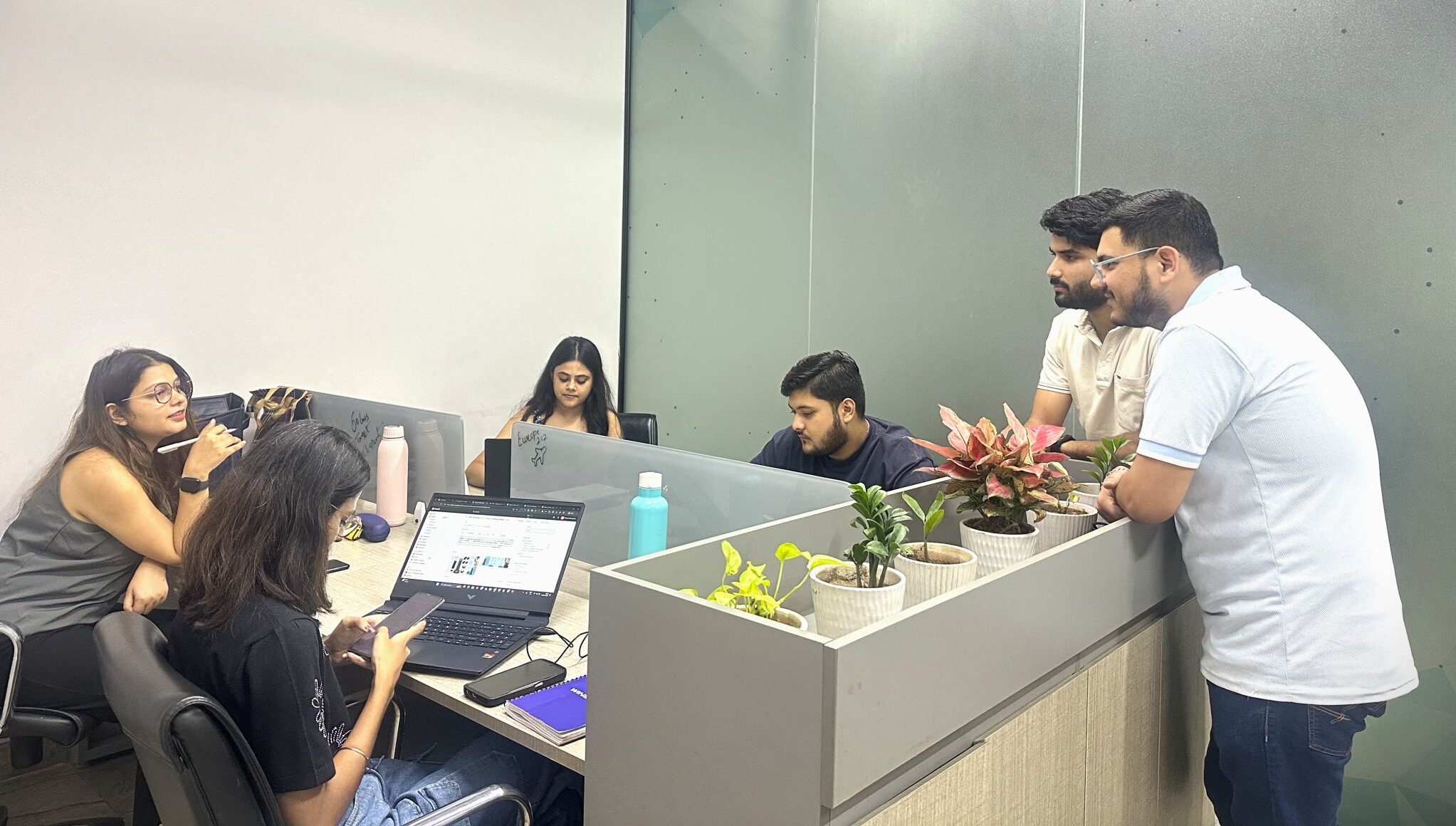To create artificial general intelligence that will benefit all of humanity, OpenAI was established in December 2015 as a non-profit AI research organization. Sam Altman, Elon Musk, Greg Brockman, Ilya Sutskever, Reid Hoffman, Peter Thiel, and others were among its founding members. The organization’s founders and investors, including Infosys and Amazon Web Services, pledged $1 billion to fund it initially.
The first Generative Pre-trained Transformer (GPT-1) was released in 2018, OpenAI Gym was released in 2016, the company switched to a “capped-profit” model in 2019, Microsoft invested $1 billion, and GPT-3 was released in 2020. Released in 2022, ChatGPT is one of the fastest-growing apps globally and marks a major advancement in AI technology.
Court Cases and Controversies
OpenAI has encountered numerous ethical and legal issues since its founding.
Intellectual Property Issues: The ownership of content generated by AI models like ChatGPT has raised significant questions. Key concerns such as whether users hold ownership over the outputs they create and the potential risks of copyright infringement associated with these AI-generated materials.
Ethical Issues: The rise of AI technologies has sparked important discussions about accountability and responsibility. The possibility of OpenAI’s models producing inaccurate or misleading data has sparked criticism. This situation underlines the substance of ethical considerations in the deployment of artificial intelligence.
Regulatory scrutiny: Regulatory authorities closely monitor the integration of AI technologies across various sectors. Organizations such as OpenAI are tasked with promoting the ethical use of AI while adapting to a changing regulatory landscape.
Future developments OpenAI
Ongoing Development: It is anticipated that the company will enhance current models and develop fresh technologies that challenge the boundaries of artificial intelligence.
Industry Leaders Working Together: OpenAI’s resources and research projects will probably continue to be strengthened by its partnerships with tech giants like Microsoft.
OpenAI needs to give ethical concerns top priority in light of the public’s growing anxiety about the societal effects of AI in today’s time. For AI to be developed responsibly, safety and transparency must be prioritized. OpenAI’s past shows a dedication to developing AI technology while resolving difficult ethical and legal dilemmas. Finding a balance between innovation and ethical behaviour in a setting that is being scrutinized more and more will determine its future.









